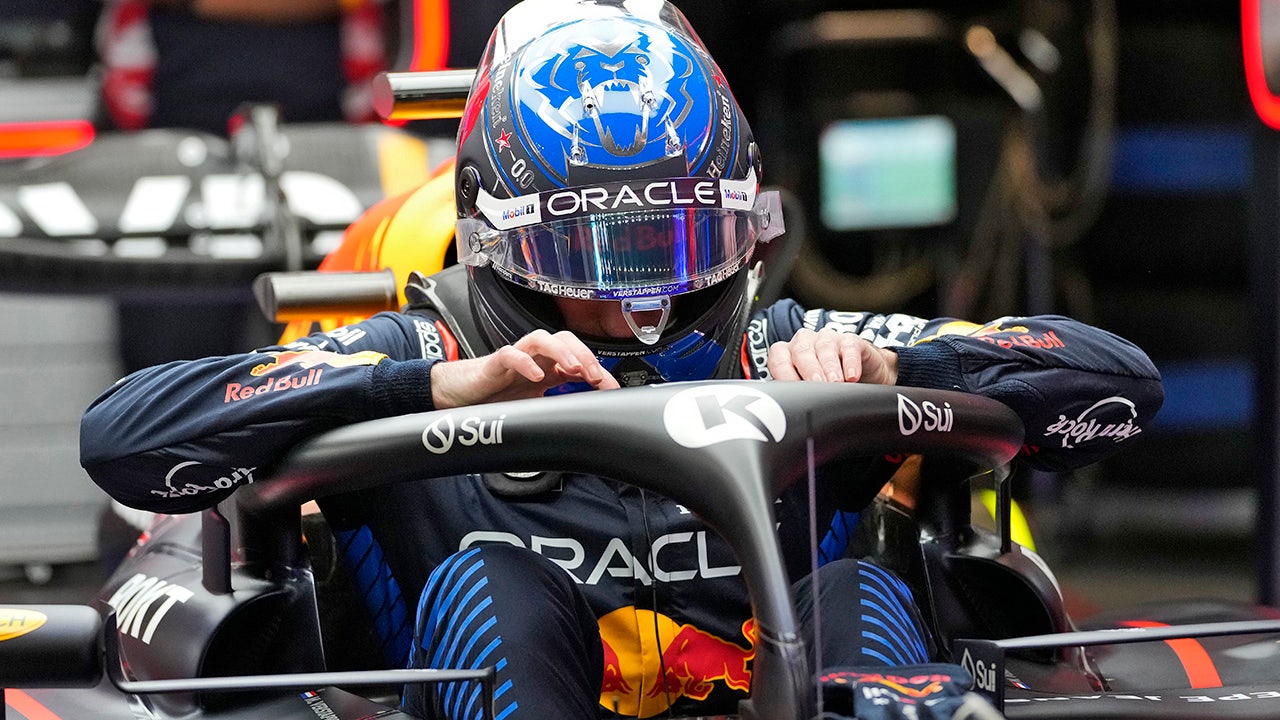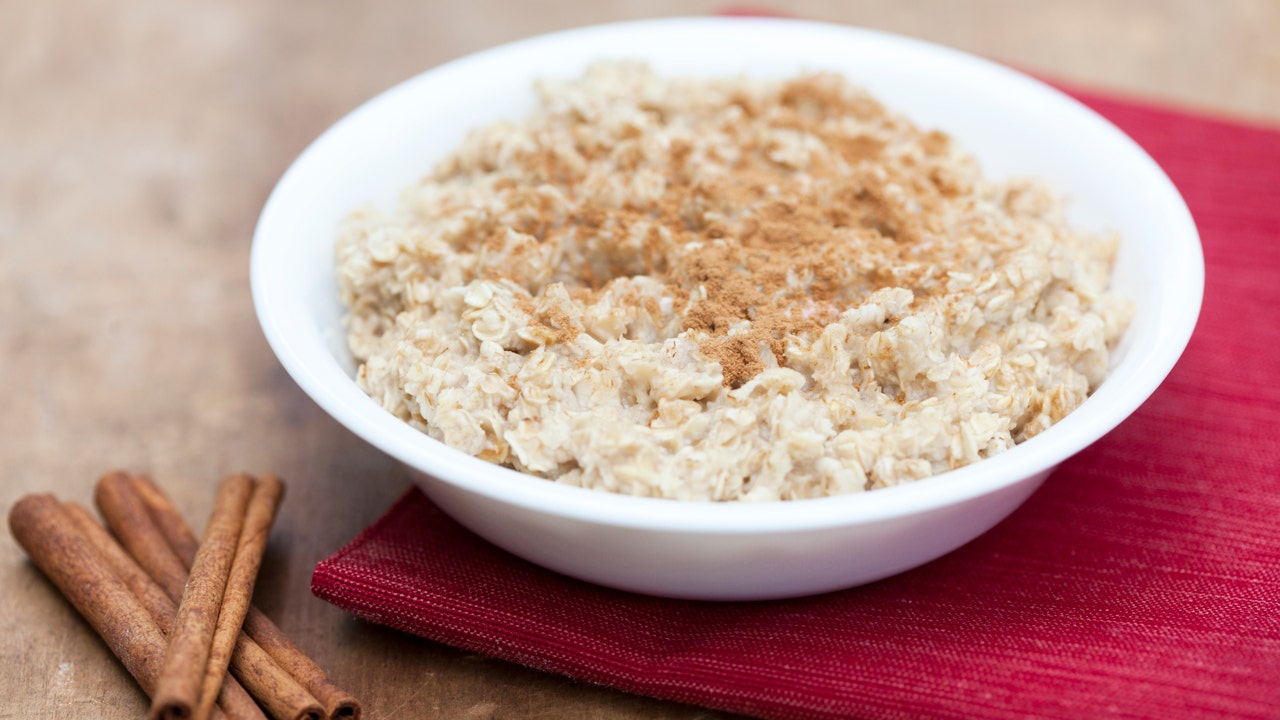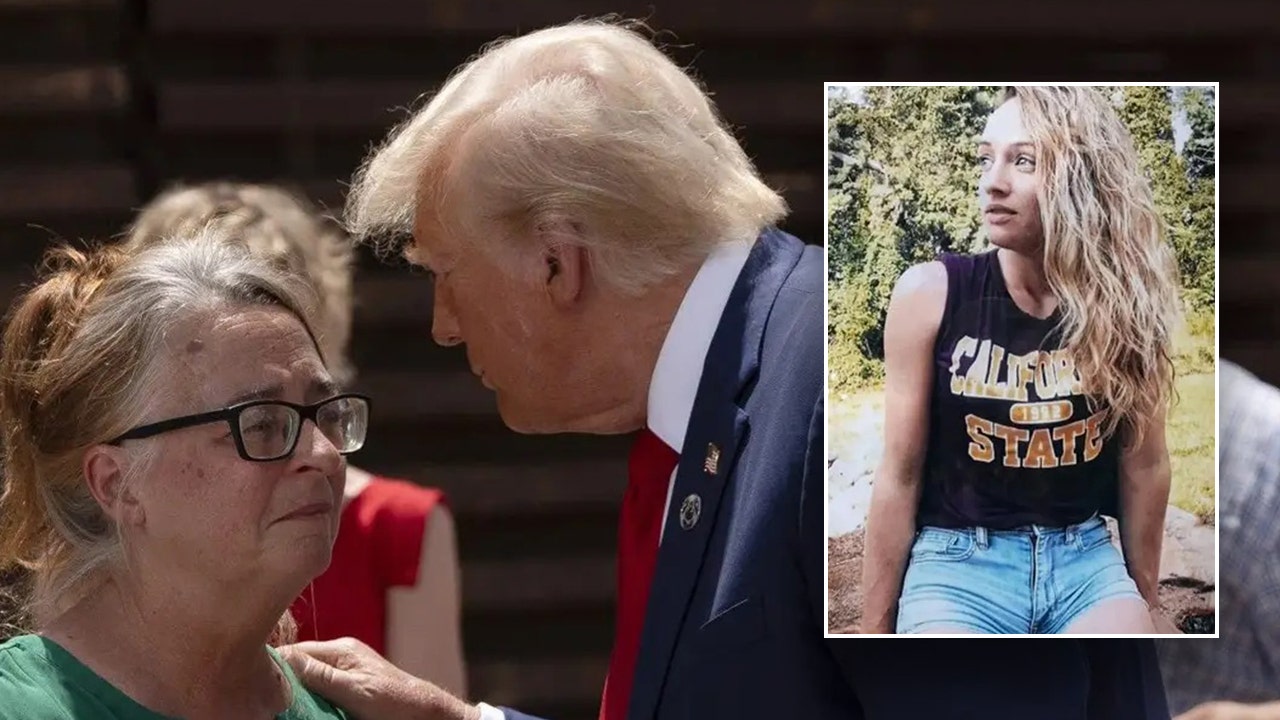In a Thursday interview with MSNBC host Jonathan Capehart, former President Bill Clinton expressed concerns over the challenges Democrats faced in reaching voters during the 2024 presidential campaign.
Clinton highlighted the proliferation of conservative websites as a significant obstacle, claiming Democrats struggled to compete in rural areas.
Former President Donald Trump secured the presidency early on Nov. 6, surpassing the required 270 electoral votes, while Republicans gained four seats in the Senate and maintained control of the House of Representatives.
Trump Surges To Victory – Get the Ultimate Trumpinator Bobblehead To Celebrate 2024!
Reflecting on the results, Clinton stated, “We’re not even being heard” in rural areas, and acknowledged his personal efforts to address the issue.
“Politics is the only business in which you can prove your authenticity by not knowing anything. You know? And I think that’s a problem and we’ll pay for it unless we get over it,” Clinton said during the interview. “But that’s a problem for the Democrats too. We have to learn to talk to people in ways that they can relate to that explains that.”
Clinton also shared his approach to supporting Democratic candidates during the campaign. “That’s why, you know, when I helped — I did my best to help this time. I don’t want to go to any big rallies and big television things, I just want to get in the country,” he explained. “Let’s go out and talk to people. Because I think that we’re behind in the sense that a lot of the small town and rural people are now highly sophisticated on how they get their information. And there are zillions of new websites now, all trying to advance their sort of conservative to right-wing radical cause, and a lot of times we’re not playing on the same field, and we’re not even being heard. So I just said, send me out there and I’ll see if I can’t do some good. I have no idea if I did, but I tried.”
The Democratic ticket of Kamala Harris and Minnesota Gov. Tim Walz faced significant hurdles throughout the campaign, including criticism over their media strategy.
Following President Joe Biden’s decision in July not to seek reelection, Harris and Walz avoided press conferences and interviews for much of the campaign, ramping up media appearances only in October.
Analysts suggested this limited visibility hurt the Democratic ticket.
Harris notably declined to attend the Al Smith Dinner in person, opting instead to present a video alongside former “Saturday Night Live” cast member Molly Shannon.
She also passed on an interview opportunity with podcaster Joe Rogan, a decision reportedly influenced by fears of backlash among campaign staff.
Joe Rogan reveals Kamala Harris’s team said he wasn’t allowed to talk about marijuana legalization with her:
“It seems like her campaign was kind of chaotic, no one could make a decision.”
“I think they had requirements on things that she didn’t wanna talk about.”
“She didn’t… pic.twitter.com/PSk6J9tkgy
— End Tribalism in Politics (@EndTribalism) November 12, 2024
Critics argued this cost the campaign valuable exposure.
In contrast, both Trump and Vice President-elect J.D. Vance appeared on Rogan’s podcast for extended interviews, following which Rogan publicly endorsed Trump.
The endorsement added momentum to the Trump-Vance ticket, which successfully appealed to voters in rural areas and battleground states.
Clinton’s remarks reflect broader concerns within the Democratic Party about how to effectively communicate with voters in an evolving media landscape.
The former president’s call for more direct engagement with rural communities underscores a perceived need for Democrats to adapt their messaging and outreach strategies in future elections.
As the political landscape continues to shift, Clinton’s critique may serve as a wake-up call for party leaders to address these challenges.
The opinions expressed by contributors and/or content partners are their own and do not necessarily reflect the views of LifeZette. Contact us for guidelines on submitting your own commentary.
Read the full article here


![Bill Clinton Admits Democrats Are Losing Big As The Media Landscape Shifts [WATCH] Bill Clinton Admits Democrats Are Losing Big As The Media Landscape Shifts [WATCH]](https://www.lifezette.com/wp-content/uploads/2024/11/2024.11.22-03.07-lifezette-67409e1e4fd30.jpg)




![Megyn Kelly Unleashes on ‘Fake’ Kamala Harris and Everything She Pretended To Be [WATCH] Megyn Kelly Unleashes on ‘Fake’ Kamala Harris and Everything She Pretended To Be [WATCH]](https://www.rvmnews.com/wp-content/uploads/2025/01/2025.01.19-10.37-rvmnews-678d7ec3dde3c.jpg)


![Hamas Releases Three Female Hostages, Joe Biden Emerges to Take Credit [WATCH] Hamas Releases Three Female Hostages, Joe Biden Emerges to Take Credit [WATCH]](https://www.rvmnews.com/wp-content/uploads/2025/01/2025.01.19-04.47-rvmnews-678d2c945c0be.jpg)